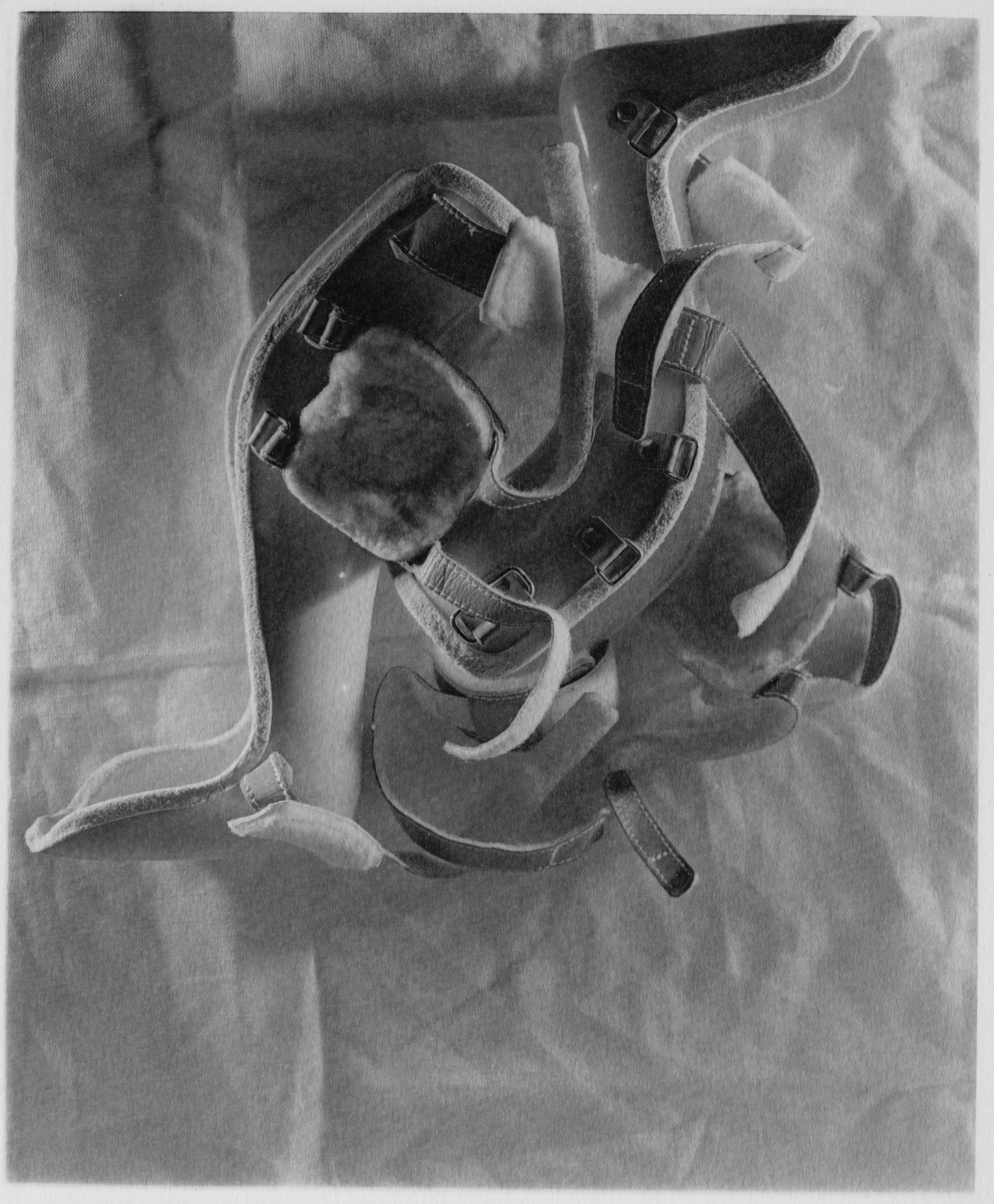
It is hard to hear from parents that their child, six months younger than yours is walking and yours isn’t or how fabulously sporty their child is. It is hard, having to explain - yet again - to strangers who ask why your 3-year-old is scooting around on their bottom rather than being up on their feet.

Bringing up a child with disabilities can be extra rewarding and will almost always make life extra interesting, but with the challenges come the rewards. Sometimes you have to search your heart for the rewards but they are there if you look for them.

He is not a disabled child, he is, first and foremost, a child, who has a disability.

Parental emotional responses can follow five steps: "denial, anger, bargaining, depression and acceptance" (Kubler-Ross.) Feelings of stress and low self-esteem are typical responses. This new baby is disappointing and a social shame. Before the acceptance and love of the child they have, new parents may grieve for the loss of the child they were expecting.

“These kids are described as “angels” when they should be called what they are: children. Children – mischievous, annoying and delightful curiosities. Parents are held up as martyrs “blessed” with special children or deviants who deserve what they brought into the world. We are just parents. We are fallible, and we bake cookies”. Frances Ryan, The Guardian 2016

The diagnosis came within hours of the birth; we wanted to escape, but once I’d heard my Father call this little scrap in the incubator “a little buster” I wanted to hold the baby. The nurses instantly gave me Mylo and I spent hours holding him and trying to bottle feed him.

Where we were then, did not determine where we are today. Where he was then, did not determine where he is today.







It is hard to hear from parents that their child, six months younger than yours is walking and yours isn’t or how fabulously sporty their child is. It is hard, having to explain - yet again - to strangers who ask why your 3-year-old is scooting around on their bottom rather than being up on their feet.
Bringing up a child with disabilities can be extra rewarding and will almost always make life extra interesting, but with the challenges come the rewards. Sometimes you have to search your heart for the rewards but they are there if you look for them.
He is not a disabled child, he is, first and foremost, a child, who has a disability.
Parental emotional responses can follow five steps: "denial, anger, bargaining, depression and acceptance" (Kubler-Ross.) Feelings of stress and low self-esteem are typical responses. This new baby is disappointing and a social shame. Before the acceptance and love of the child they have, new parents may grieve for the loss of the child they were expecting.
“These kids are described as “angels” when they should be called what they are: children. Children – mischievous, annoying and delightful curiosities. Parents are held up as martyrs “blessed” with special children or deviants who deserve what they brought into the world. We are just parents. We are fallible, and we bake cookies”. Frances Ryan, The Guardian 2016
The diagnosis came within hours of the birth; we wanted to escape, but once I’d heard my Father call this little scrap in the incubator “a little buster” I wanted to hold the baby. The nurses instantly gave me Mylo and I spent hours holding him and trying to bottle feed him.
Where we were then, did not determine where we are today. Where he was then, did not determine where he is today.